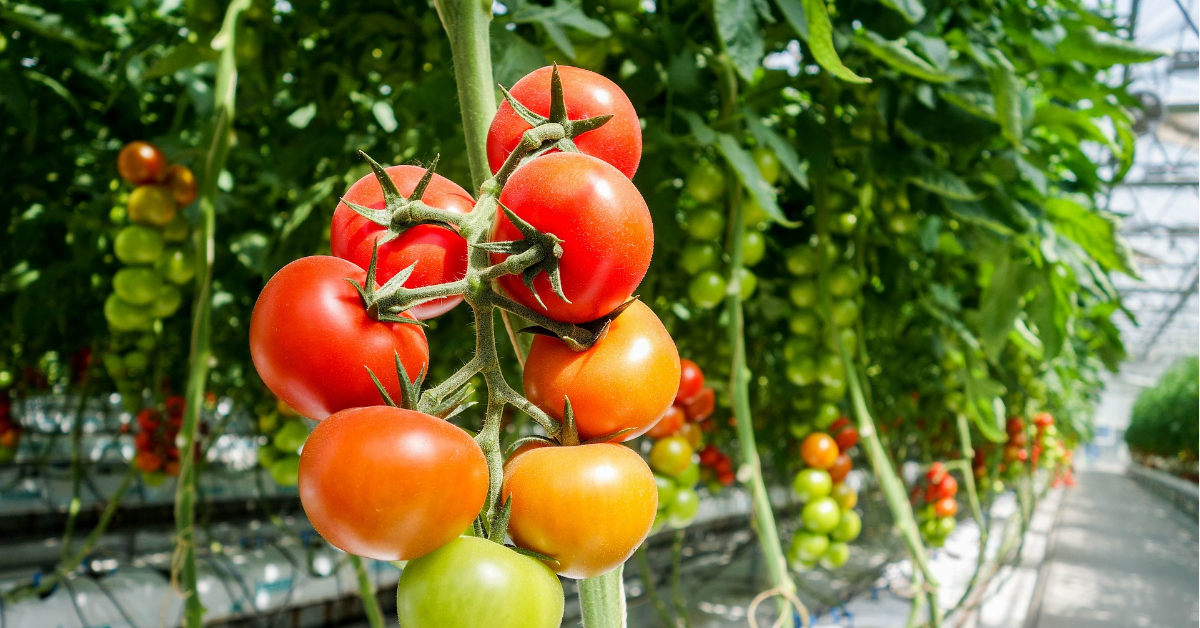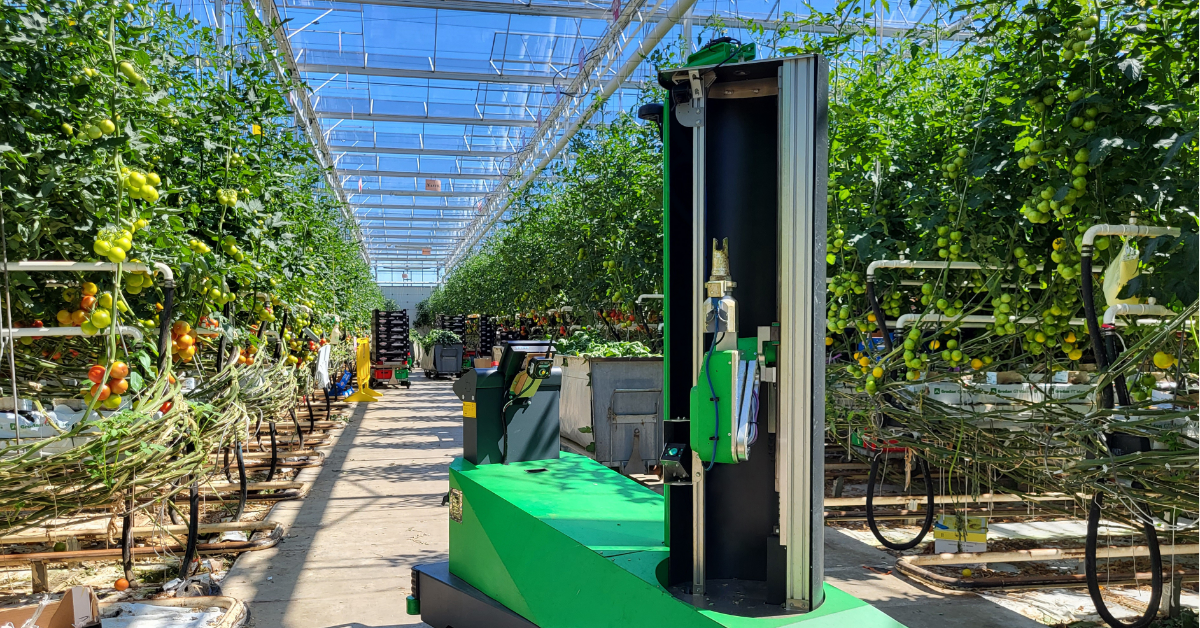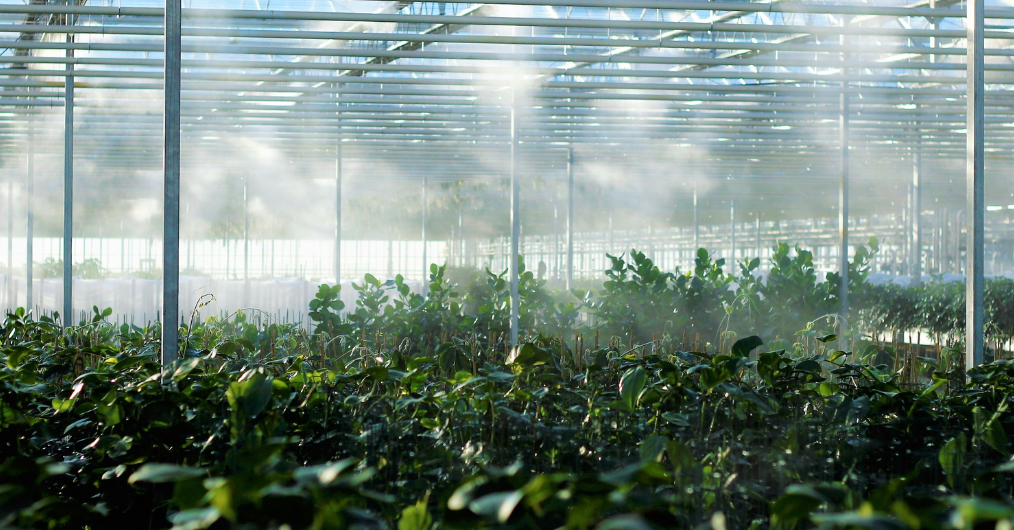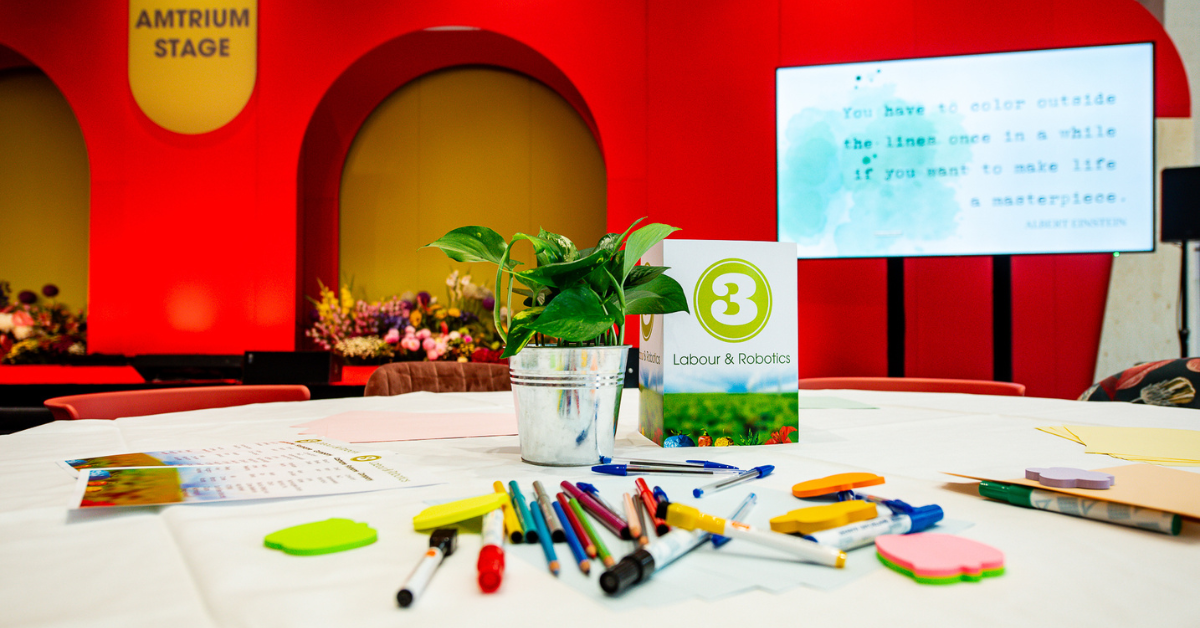Caring and sharing, circularity in horticulture
 Author: Leandra de Boef
Author: Leandra de BoefOver nine percent of the world is circular; more than nine percent of the raw materials used worldwide find their way back to our economy and over 90 percent don’t. Thus, the Global Circularity Report from Circle Economy, which was published at the beginning of 2018, wrote. A shockingly low percentage, but somehow understandable if you consider that we have been living in a linear world for years, where raw materials and products are generally only used once. It’s clear that this must change. The horticulture sector is also aware of this. Whereas the last century and the beginning of this century were still focused on making money and with that on endless growth, the present time calls for a new way of thinking and working. One that is more focused on nature and society. We are moving towards a circular economy in which sustainability and social innovation play a key role.
Taking responsibility
Businesses, knowledge centres and government work together increasingly make contributions to the global challenges we are all facing. The transition to a new economy and to a circular horticulture is a joint process that offers new opportunities for all players. The need for sustainable, healthy, safe and affordable food for now and for the future is global. In addition to food, the demand for sustainably and responsibly produced flowers and plants is also increasing, whereby transparency throughout the chain is becoming increasingly necessary. Leading Dutch companies in horticulture take their responsibility in this. They take the lead in a diversity of fields in which major steps can be taken. Both individually and together they work towards a horticultural production that achieves high yields, in which more economical use is made of raw materials and energy and thus minimizing the impact on nature, environment and climate. From breeding and propagation through greenhouse builders and companies that help optimize growing processes to growers and sales and trade.
Largest solar heating system
They’re all working hard towards a gas-free greenhouse horticulture, reduced water consumption, intelligence in the greenhouse, efficiently using natural resources and inventing smart packaging for a minimum carbon footprint. From residual heat through geothermal heat to a hydrogen power plant or solar powered greenhouses, like Tesselaar Freesia has in Heerhugowaard. Together with Certhon and G2Energy they managed to realize the largest solar heating system in the Netherlands. Or how about breeder Beekenkamp, who collects solar heat during the day in a buffer tank at the production locations in Uganda and Ethiopia and then uses it at night to illuminate their parent plants, which needs extra lighting at night to make sure they don’t bud too early. Cuttings from these parent plants are cut without roots, so they take up little space. This way millions of cuttings can be transported efficiently at the same time in, specially by Beekenkamp, developed crates.
‘Green waste’ streams
And what about ‘green waste’ streams, such as residual stems and leaves from plants and unsellable fruits and vegetables. Is it possible to make more from crop waste? Can it be used as fuel or as a resource for product development? Yes, it can be, according to pioneering Dutch tomato grower Ted Duijvesteijn. He has already been experimenting with product wrappings made from tomato leaves and boxes partially made from the stems of tomato plants. Water-use is also a topic well suited for circular solutions. Reuse of water by collecting rainwater from the roofs of greenhouses, storing excess rainwater during winter for use in the summer. It sounds simple and a lot of Dutch large-scaled growers already do this, but a lot can yet be improved.
Sharing knowledge
More and more new possibilities are being investigated and developed to allow chemicals to make way for biological pesticides. The horticulture sector is already doing a lot of work with insects, mites and fungi. Koppert Biological Systems is one of the companies that also shares this knowledge. Farmers in Kenya often lose a significant part of their harvest through usage of cheap chemicals. By sharing knowledge on biological solutions Koppert helps small-scaled farmers improve their yield and offer a solution to the food and poverty problems of these farmers. Knowledge Transfer, East-West Seeds (SWS) calls it. They learn small-scaled farmers about irrigation, growing seedlings in small trays, how to spread plastic film over beds, and that spacing may mean that you have fewer plants on an area, but you get far more fruit. They demonstrate, for example, that hybrid seed varieties produce a higher yield than traditional local seeds. The precise impact of free transfer of knowledge is difficult to measure. It varies according to SWS to country and the crop. But it could change an entire economy and change living standards. “Within the next ten years, we hope to reach half a million farmers who, through the ‘ink stain effect’, will also have an impact on the environment around them.” Circularity in horticulture, about caring and sharing!
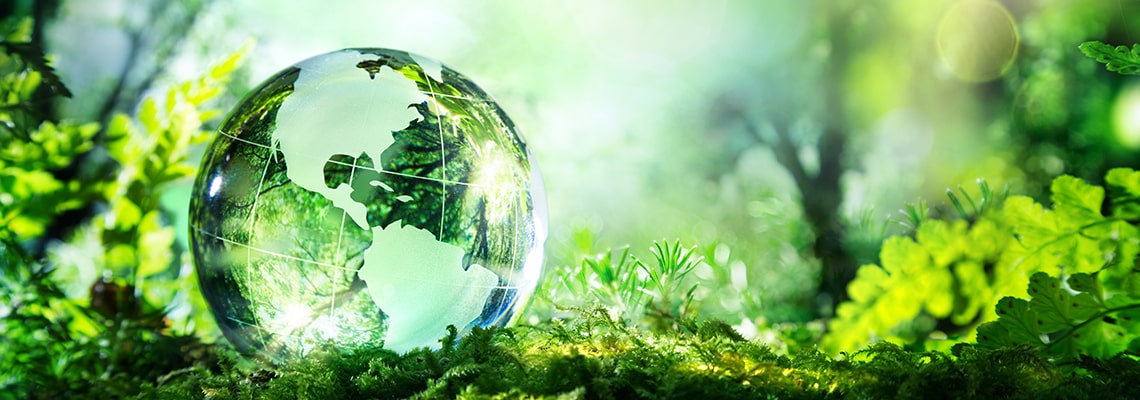
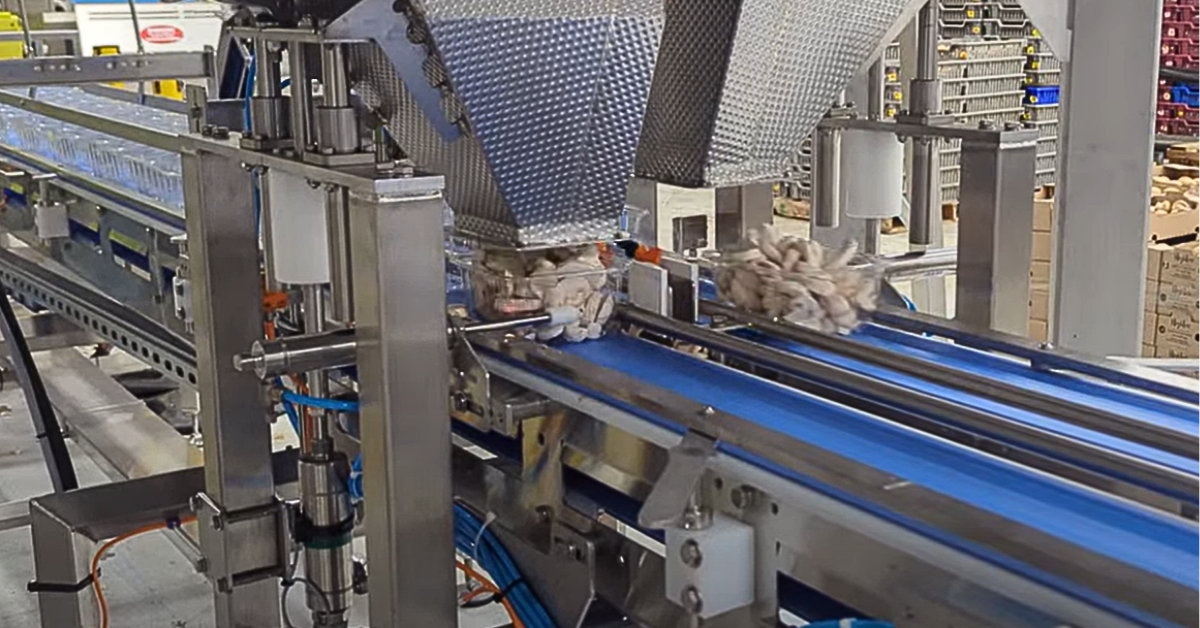
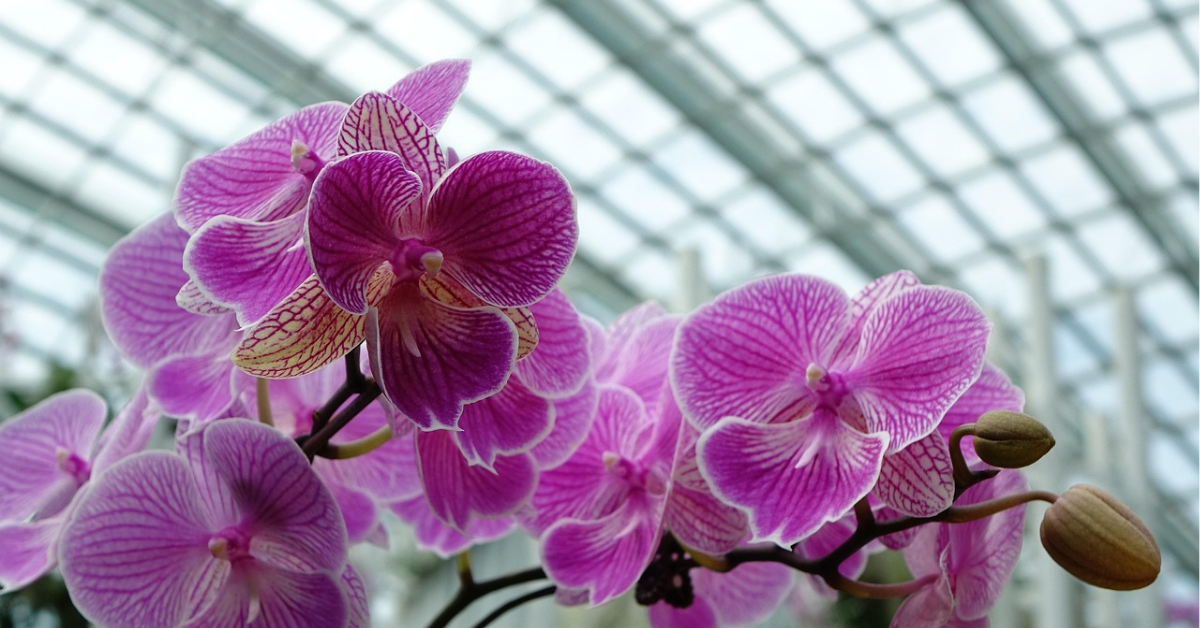
.png?h=628&iar=0&w=1200)

